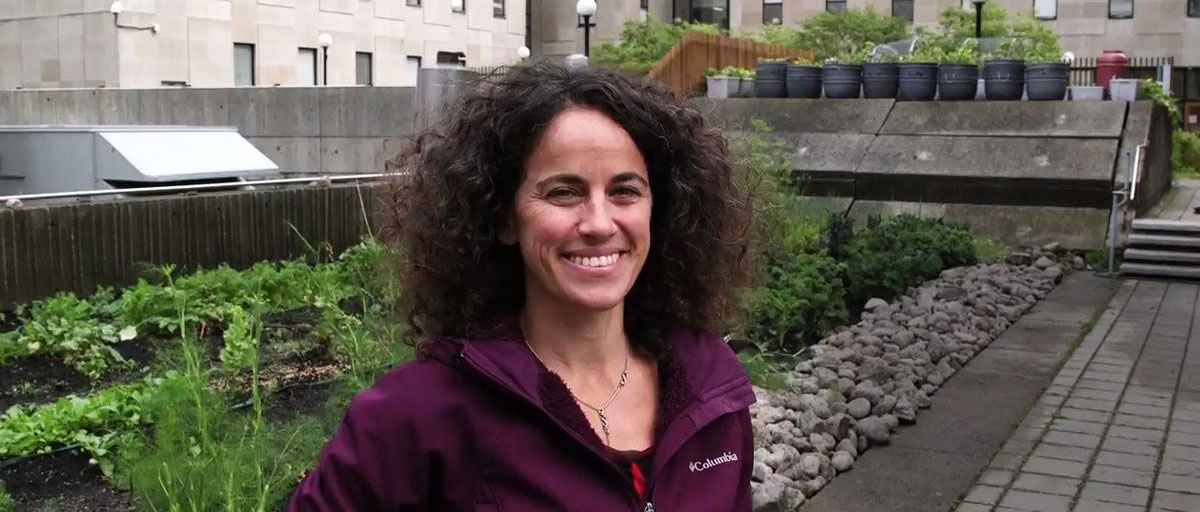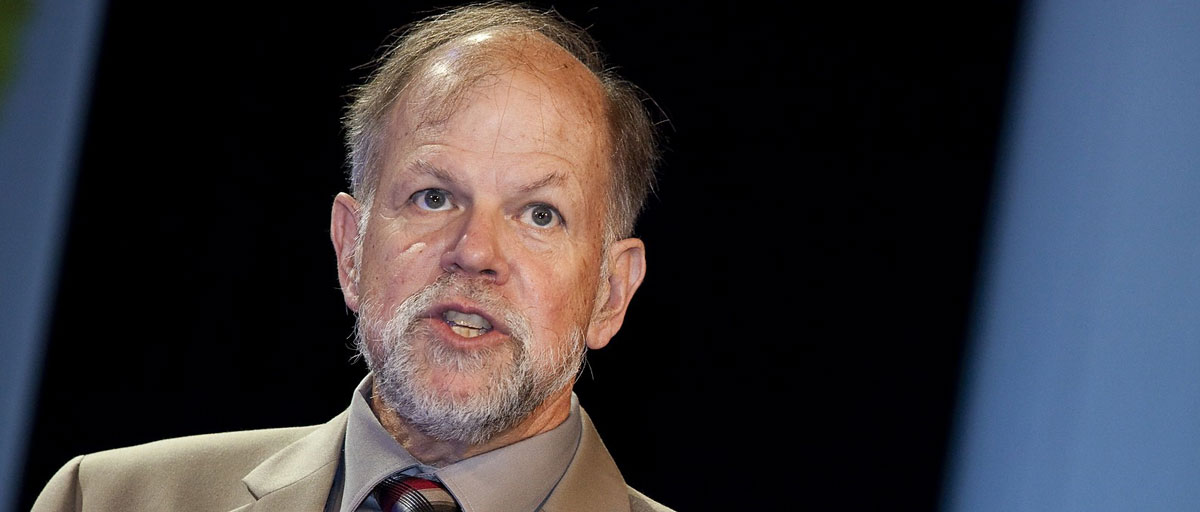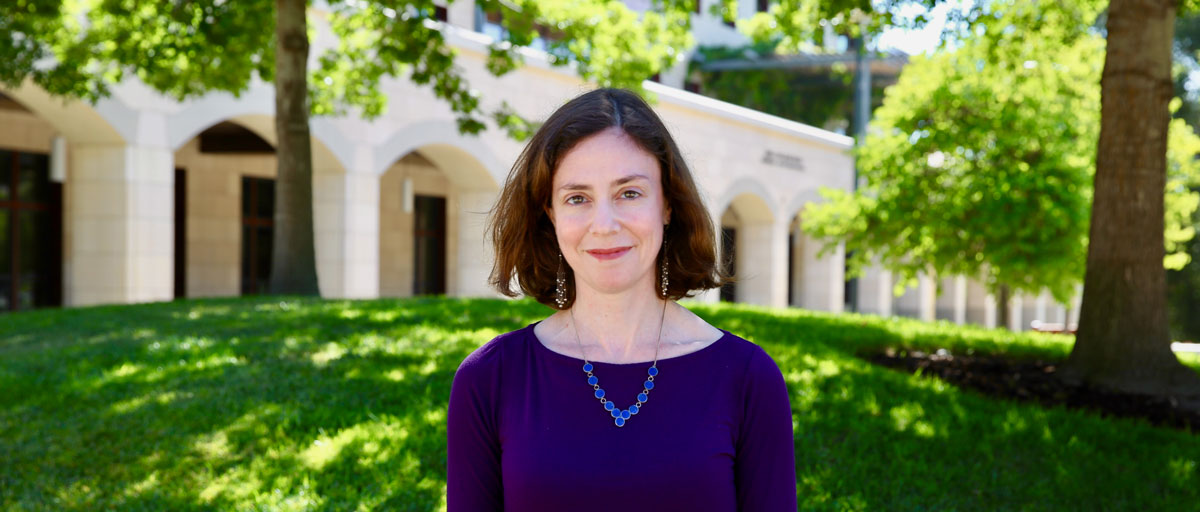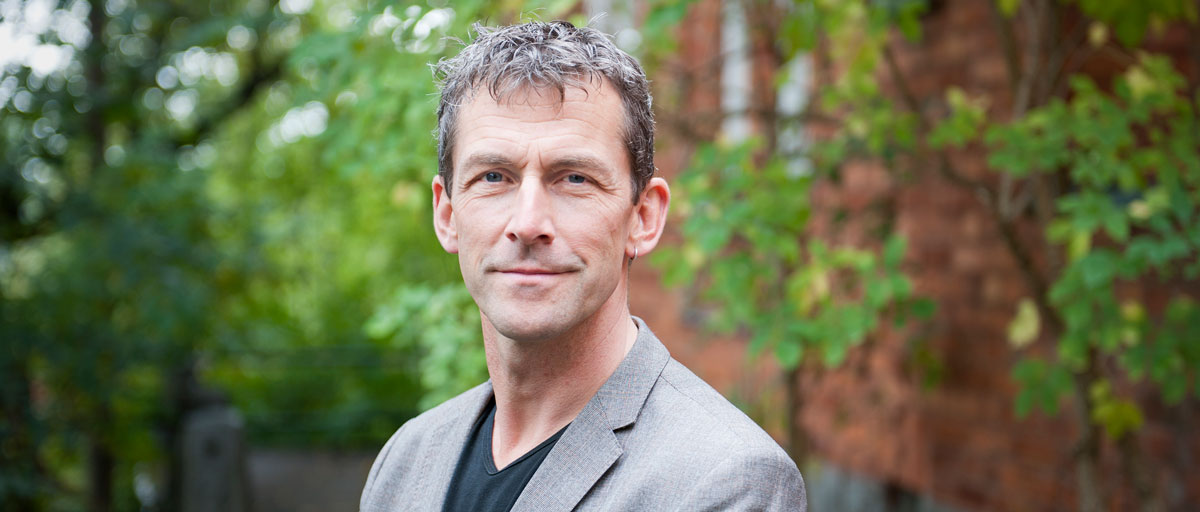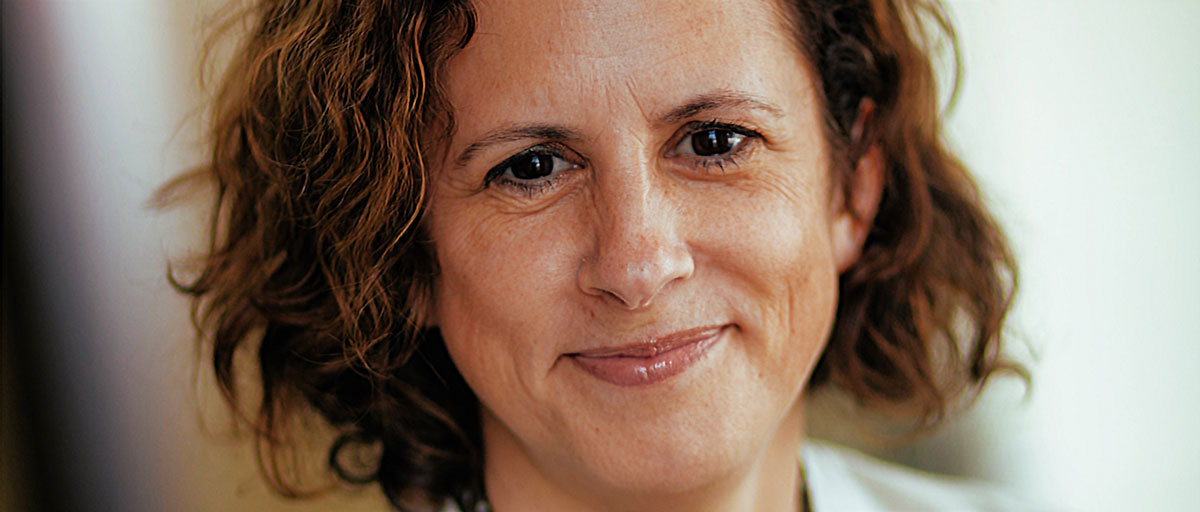
Jessica Fanzo, professor in global food, agricultural policy and ethics at Johns Hopkins University, is a member of the Stockholm Resilience Centre's new International Science Advisory Council.
Bildtext får vara max två rader text. Hela texten ska högerjusteras om den bara ska innehålla fotobyline! Photo: B. Christensen/Azote
INTRODUCING OUR SCIENTIFIC ADVISORY COUNCIL
Bringing something new to the table
As a member of the centre’s new international science advisory board, Jessica Fanzo adds important dimensions on nutrition, health and public health to the centre’s future research agenda
- The International Scientific Advisory Council (ISAC) is a body of internationally leading researchers providing strategic advice and guidance on the scientific development and direction of the Stockholm Resilience Centre (SRC)
- Council member Jessica Fanzo PhD is the Bloomberg Distinguished Associate Professor of Global Food & Agricultural Policy and Ethics at the Nitze School of Advanced International Studies (SAIS), the Berman Institute of Bioethics, and the Department of International Health of the Bloomberg School of Public Health at Johns Hopkins University
- She says the SRC can take the scientific lead in making food systems more resilient in places that are more vulnerable to environmental degradation and in areas with significant climate risk.
“Where shall I start?” That’s the immediate reaction from Jessica Fanzo when asked to name the biggest challenges facing our global society. But she is quick to gather her thoughts. Soon three pressing issues come to her mind: the political shift away from open democracy, climate change and malnutrition.
Not necessarily in that order, although without an open society our ability to deal with the other two issues will be severely hampered.
Harness the energy of change-makers
Jessica Fanzo is an expert on nutrition and how the food we produce and eat not only influences our health, but also our planet. A professor in global food, agricultural policy and ethics at Johns Hopkins University, her biggest goal is to make food systems healthier, particularly in low-income settings. She has worked as an advisor, consultant and reviewer for various organizations and governments, along with more than 15 years as a researcher in sub-Saharan Africa, South and East Asia.
She certainly subscribes to Johan Rockström’s statement that “if we get it right on food, we get it right for both people and planet".
Both Fanzo and Rockström were part of the EAT-Lancet Commission, a collaboration between 37 experts from 16 countries with expertise in health, nutrition, environmental sustainability, food systems, economics and political governance. In their report, the researchers demonstrate why diet and food production must radically change to improve health and avoid potentially catastrophic damage to the planet.
The centre can take the scientific lead in making food systems more resilient in places that are more vulnerable to environmental degradation and in areas with significant climate risk.
Jessica Fanzo
Inevitably, much work is needed to ‘fix the system’ but Fanzo takes inspiration from the resurgence of change-makers wanting to food production more sustainable and healthy, particularly in low-to-middle income countries.
“We need to harness the intelligence and energy that they bring to food system issues and find a way to give them the opportunity to contribute to real change,” she says.
What to add to cutting-edge research
Fanzo’s work with the EAT-Lancet commission is also how her connection with the Stockholm Resilience Centre developed. Through the centre’s own work on global food systems (the SRC was the scientific coordinator of the EAT-Lancet report) Fanzo got the opportunity to learn more about the its research.
She describes it as “cutting-edge science on planetary, environmental and ecosystem sciences” but Fanzo hopes to offer added insights and strategic advise on how food systems, nutrition and public health. There is much potential, she says. “The centre can take the scientific lead in making food systems more resilient in places that are more vulnerable to environmental degradation and in areas with significant climate risk.
There is a sense of urgency to her arguments. Her work in the nexus between science, policy and practice has given her sufficient conviction to say that that the world has a window of opportunity to make the changes needed. But that window will not be open forever.
“We need to act fast - gather the evidence of how to adapt, particularly for food systems, if we don’t want things to unravel in the next decade,” she says.
"I hope we don’t miss it."
